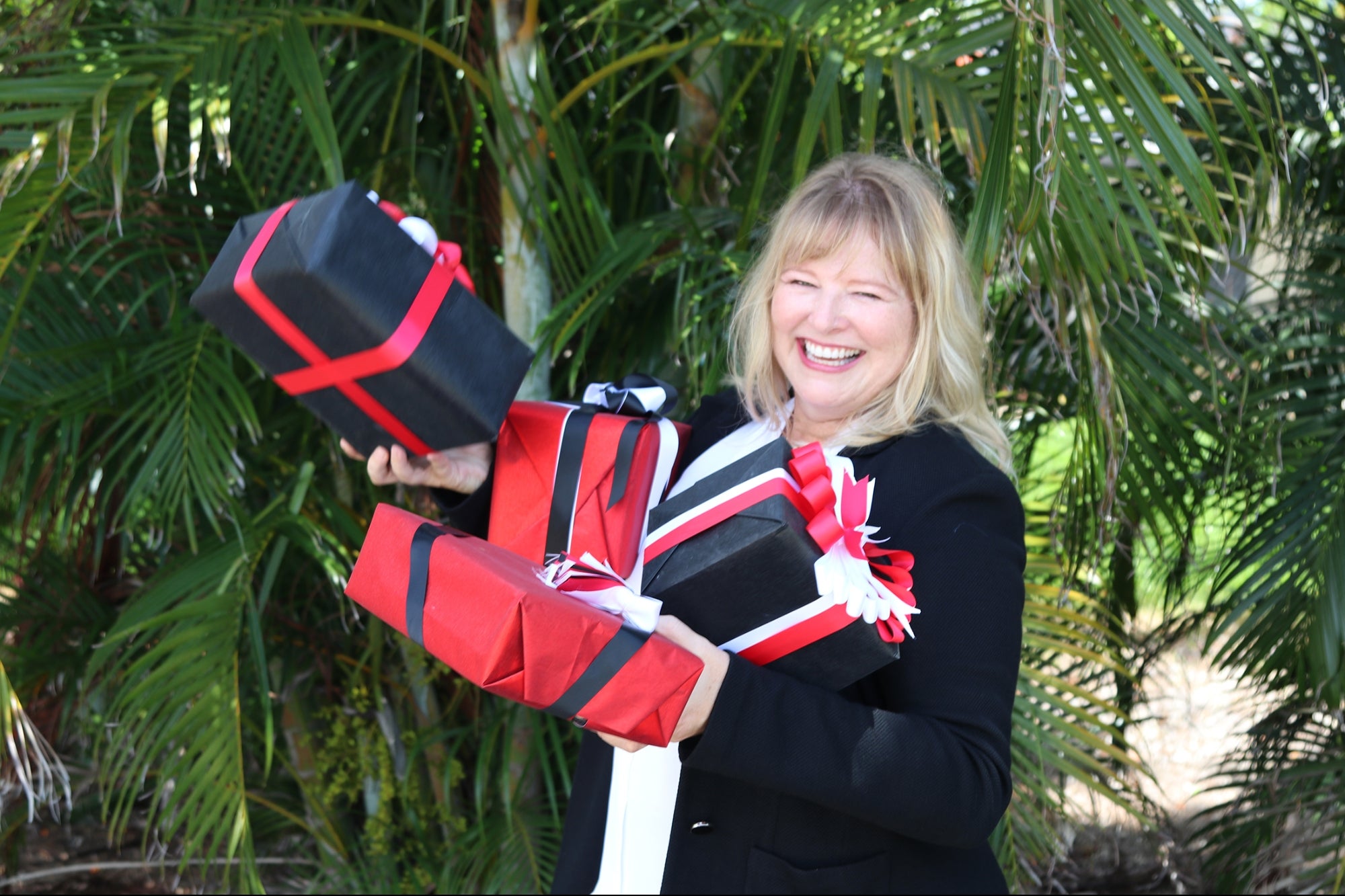How to Ensure That Your Mission Statement MattersGive this important cornerstone of your business the time and attention it deserves.
ByLucas Miller•
Opinions expressed by Entrepreneur contributors are their own.

"We provide our products and services with a dedication to the highest degree of integrity and quality of customer satisfaction, developing long-term professional relationships with employees that develop pride, creating a stable working environment and company spirit."
Have you ever read amission statementlike this? Probably, and there's a reason. This specific one is taken from theDunder Mifflin call to armsfromThe Office, which relentlessly satirized workplace culture. And If you've ever watched the show, you know that the above mission statement did nt match the day-to-day reality of working for Dunder Mifflin. And that's not a problem that's just confined to TV.
Most mission statements are broad, sweeping and filled with rote language about taking care of customers and employees. "Integrity," "customer satisfaction" and "teamwork" have been touted so many times that anyone encountering them will probably roll their eyes.
But if everyone is doing it wrong, how can you do it right? How can you actually make a mission statement that sums up your business in an impactful, interesting way? Here are some first steps.
Figure out your core values
Too many companies build their mission statement around what they'd like to be, not what they are. If you're not insistent on every job being done on time, don't make urgency part of your mission statement. If you're willing to cut a corner every now and then if the money is good enough, don't put integrity in there.
Businesses, just like people, have strengths and weaknesses. Their values come with tradeoffs, and because of that, they have to control everything that company does. They shape hiring decisions. They create team culture. And they shape public perception.
Business author Patrick Lencionidefined several different sets of valuesthat a business should look for when crafting a mission statement:
- Core values:The principles that guide the company's every action. These are inherent to the company and can never be compromised. They make a company distinctive.
- Aspirational values:Values a company does not yet have, but wants to incorporate.
- Permission-to-play values:Expected principles. "Integrity," unless the company goes above and beyond in some way, is usually a permission-to-play value. So are many of the values that are mentioned in mission statements.
- Accidental values:价值创造的共同利益和形象lities of employees as well as company culture. These can be good or bad. Sometimes they can close off companies from opportunities.
To really craft a mission statement that makes maximum impact, try to figure out your company's core values. There's a great, simple question you can ask yourself to do that: "Would I do this even if it hurts my company?" If the principle is one you'll stick to even when it may provide a short-term benefit to go the other direction, it's a core value.
Related:How Establishing Core Values Drives Success
Stop trying to please everyone
Here's a secret about mission statements: They're not designed to bring people together. They're designed to define who a company is, which employees and customers they want to serve and what they do.
Think about it in terms of people. As much as you might like to be friends with everyone, it's impossible. You're going to be closer to people who share your values and beliefs, or those with whom you have a better rapport. You may not be unfriendly to other people, but they're not necessarily friends. And that's OK! Not everyone is going to be close to everyone. We understand this intuitively with people. So why do we still try to write mission statements by committee?
A mission statement defines the values at the core of a company. That can mean that some employees aren't as comfortable with the work culture. It may mean that some candidates may not be a good fit for that set of values. That's fine — they will be happier at another company, and you will be happier when everyone is pulling the same direction. It's not a judgment of value, but a difference in direction.
"Our mission statement is very particular to our business," says Alexy Goldstein, founder ofNew U Life. "We have a vision of whole body health through fusing nature and science. That draws on my background as a homeopath and herbalist. That means we don't appeal to people who aren't interested in that, either as employees or as customers. It narrows our field of view and lets us focus on the people who really care about the same things we do."
Goldstein isn't alone. Look at successful companies like Patagonia, for example, which has become a huge success while still staying true to its core values.Their mission statementis in four parts:
- "Build the best product."
- "Cause no unnecessary harm."
- "Use business to protect nature."
- "Not bound by convention."
This is a prime example of not pleasing everyone. If you don't care about the environment or want to cut costs by skimping on quality, you won't work for Patagonia. But the people that do work for the company are laser-focused on the same values that are important to its founder, Yvon Chouinard.
Related:You Can't Be Everything for Everybody, So Stop Trying
Be succinct
The Dunder Mifflin mission statement is funny for several reasons, but one of them is the way it just keeps going and going. Again, this is a common misstep, as companies try to define themselves by a potpourri of values they think will matter to consumers.
Thomas Jefferson oncesaid, "The most valuable of all talents is that of never using two words when one will do." That applies doubly for a mission statement, which should, at a glance, tell people exactly what your company cares about. Don't try to make it fancy or beat around the bush. Hire it out to someone who does it for a living if you need help.
If you follow these three steps when creating a mission statement, you'll craft something that inspires both employees and customers. Tear up that vapid, Dunder Mifflin-esque memo and replace it with a true, dynamic new M.O.











